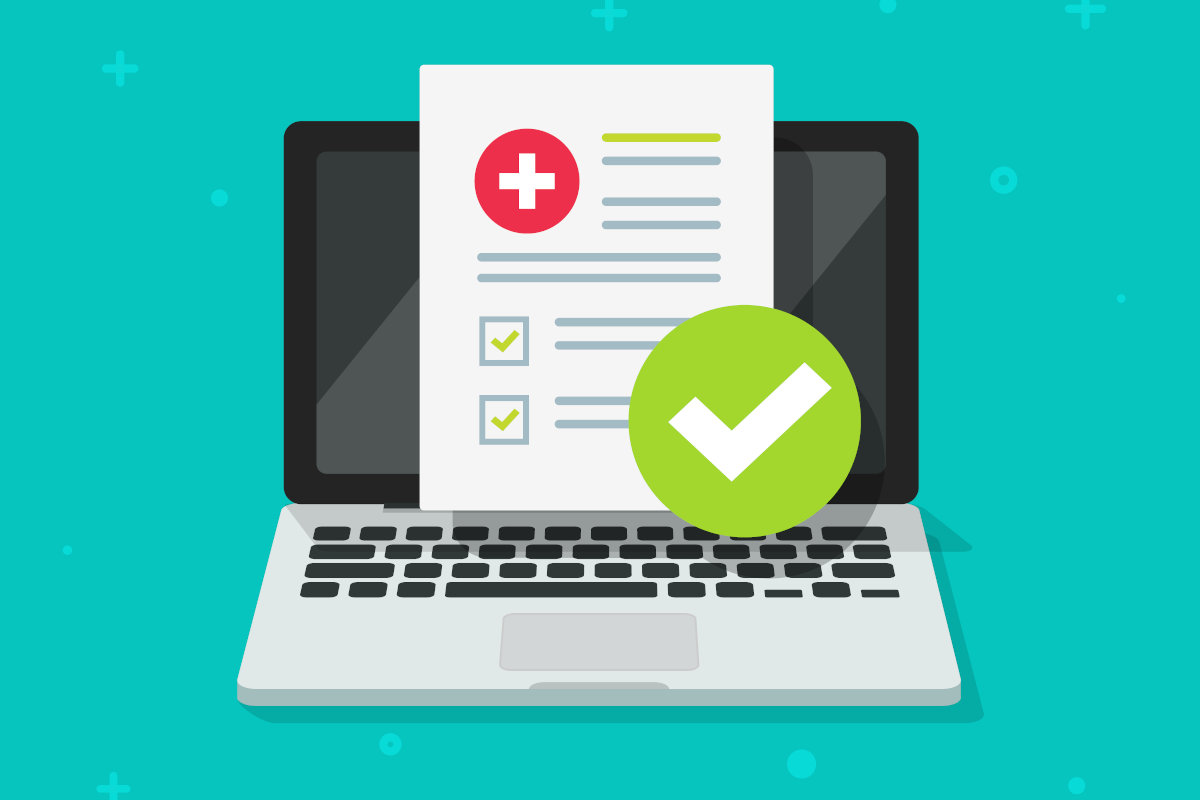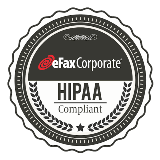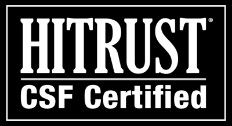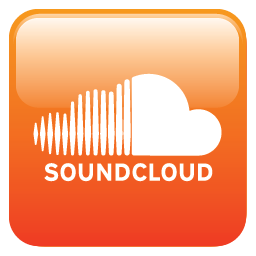Most everyone would agree that welcoming in a new year provides hope, but as COVID-19 continues to bring about lasting ramifications for the healthcare industry, it continues to shed a light on the importance of continuity of care. As providers treat and manage the care of those impacted by the virus coupled with vaccination planning, improving healthcare information exchange empowers physicians, care coordinators and health insurance companies to make informed clinical decisions at the point of care.
To help the industry meet this critical need, the Centers for Medicare & Medicaid Services (CMS) recently proposed a new rule aimed at streamlining prior authorization processes to help reduce provider and patient burden while promoting patient’s electronic access to health information. According to information released by CMS, this proposed rule builds on the CMS Interoperability and Patient Access final rule and would place new requirements on Medicaid and CHIP managed care plans, state Medicaid and CHIP fee-for-service programs, and Qualified Health Plans (QHP) issuers on the Federally-facilitated Exchanges (FFEs) to improve the electronic exchange of health care data, and streamline processes related to prior authorization. The CMS fact sheet goes on to explain how this proposed rule would require increased patient electronic access to their health care information and would improve the electronic exchange of health information among payers, providers, and patients. Together, these policies would play a key role in reducing overall payer and provider burden and improving patient access to health information.Following the initial release of this proposed new rule in December of last year, CMS included several requests for information (RFIs) to support future rulemaking or other initiatives – one which pertained to reducing the use of facsimile (fax) technology across programs. In response, Consensus, Inc. – the company behind eFax corporate – took the opportunity to address this RFI through the submission of a formal comment letter to CMS, explaining the significance of Digital Cloud Fax Technology (DCFT) to the larger drive toward total interoperability. It was critical to offer these insights as a means of voicing our concern as to how the broad category of “facsimile (fax) technology” may unintentionally impact the delivery of care for many providers who use DCFT to exchange patient information, order medications, and receive test results from labs.
Digital Cloud Fax Technology’s Impact
- Secure, paperless, cost effective and proven way for providers, payers and ancillary services to share documents and records
- HIPAA-compliant
- Integrates with existing EHR technology
- Falls under the HIMSS category of “foundational interoperability”
- Critical technology for rural healthcare organizations and financially challenged urban clinics
It must be stated, Consensus supports efforts to improve interoperability and promote the electronic exchange of healthcare data, including giving patients and providers access to prior authorization information to better manage care while reducing the burden on the healthcare system. With policy changes like this latest CMS proposed rule set to improve patient access and advance electronic data exchange, the days of the physical, paper-based fax machine are clearly numbered. So, while we agree with CMS’s desire to remove paper faxing from the process of data exchange, we believe that CMS failed to recognize the use of HIPAA compliant Digital Cloud Fax APIs, which serve an easy interoperable and integrated solution for secure document exchange for patient data today within process workflows and significantly easing the burden on the providers required to comply with any new rules.
We also expressed how there are unique circumstances that might present a challenge to meet the proposed compliance date, including resource challenges, funding, existing system incompatibility and lack of reliable core infrastructure – especially in rural settings. Depending on when the final rule is published in relation to a state’s budget process and timeline some states may not be able to secure the needed funds in time to both develop and execute implementation of the API requirements by the proposed compliance date. Some areas may have difficulty in finding needed IT resources for the development work.
Finally, our letter stressed how this accelerated comment period is unusual for such a significant proposal. Which is why we requested that CMS and ONC extend the comment period to a minimum of 60 days after publication in the Federal Register so the potential impacts of the proposed changes can be better evaluated, and a greater number of comprehensive and thoughtful comments can be considered.
What we all must understand is that fax doesn’t necessarily lump cloud faxing technology in with the paper fax machine – it is a protocol. Digital Cloud Faxing Technology is secure, HIPAA compliant and can certainly be interactive. Fax is a known quantity for being able to move information from one point to another securely privately and with a high degree of reliability and is pervasive among providers of all kinds. As the U.S. Department of Health and Human Services (HHS) works to meet the goal they set of achieving total interoperability by 2024, Consensus looks to align with the goals of CMS to eliminate paper, increase security and facilitate electronic transactions. Digital cloud fax technology is a natural fit for meeting those goals while presenting information in a way that providers and payers in all settings and locations are accustomed.Our letter, in its entirety, can be viewed here: https://beta.regulations.gov/comment/CMS-2020-0157-0058











